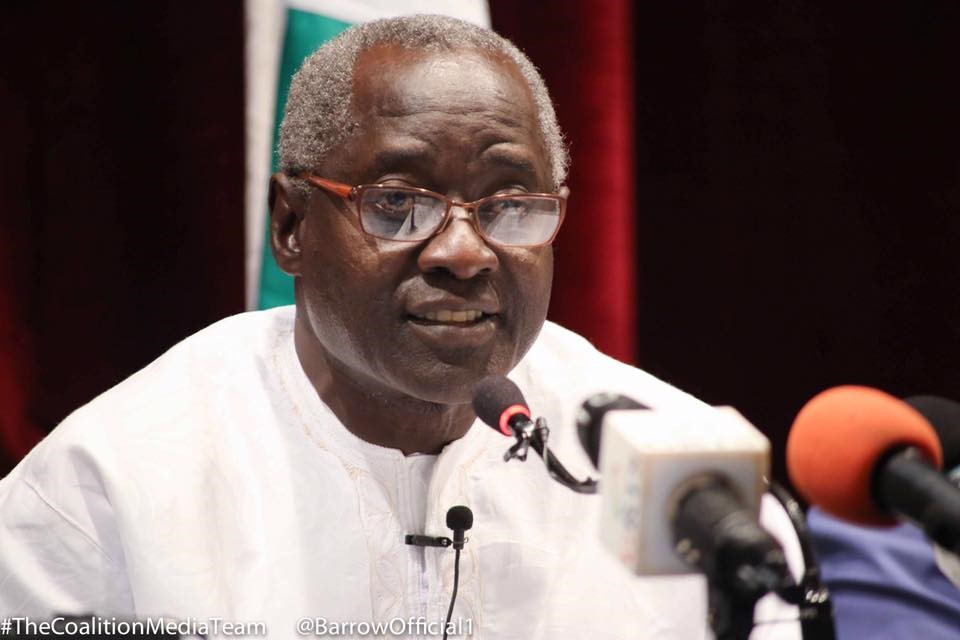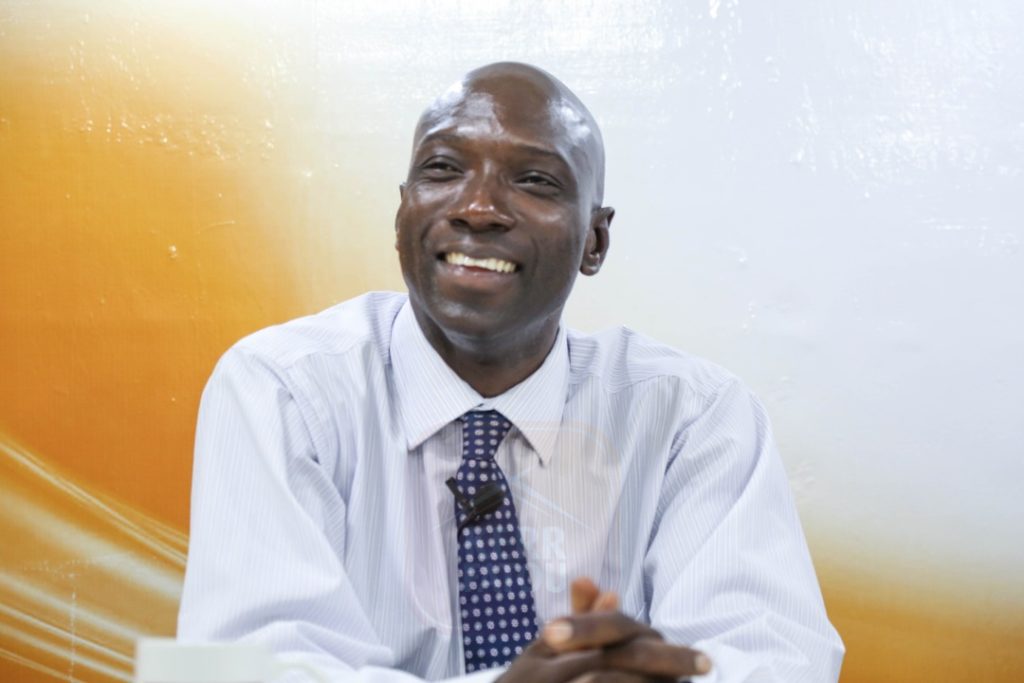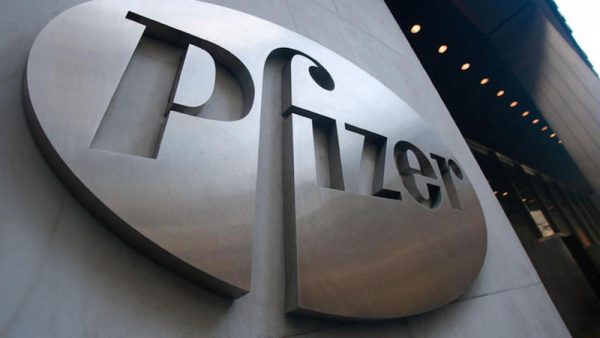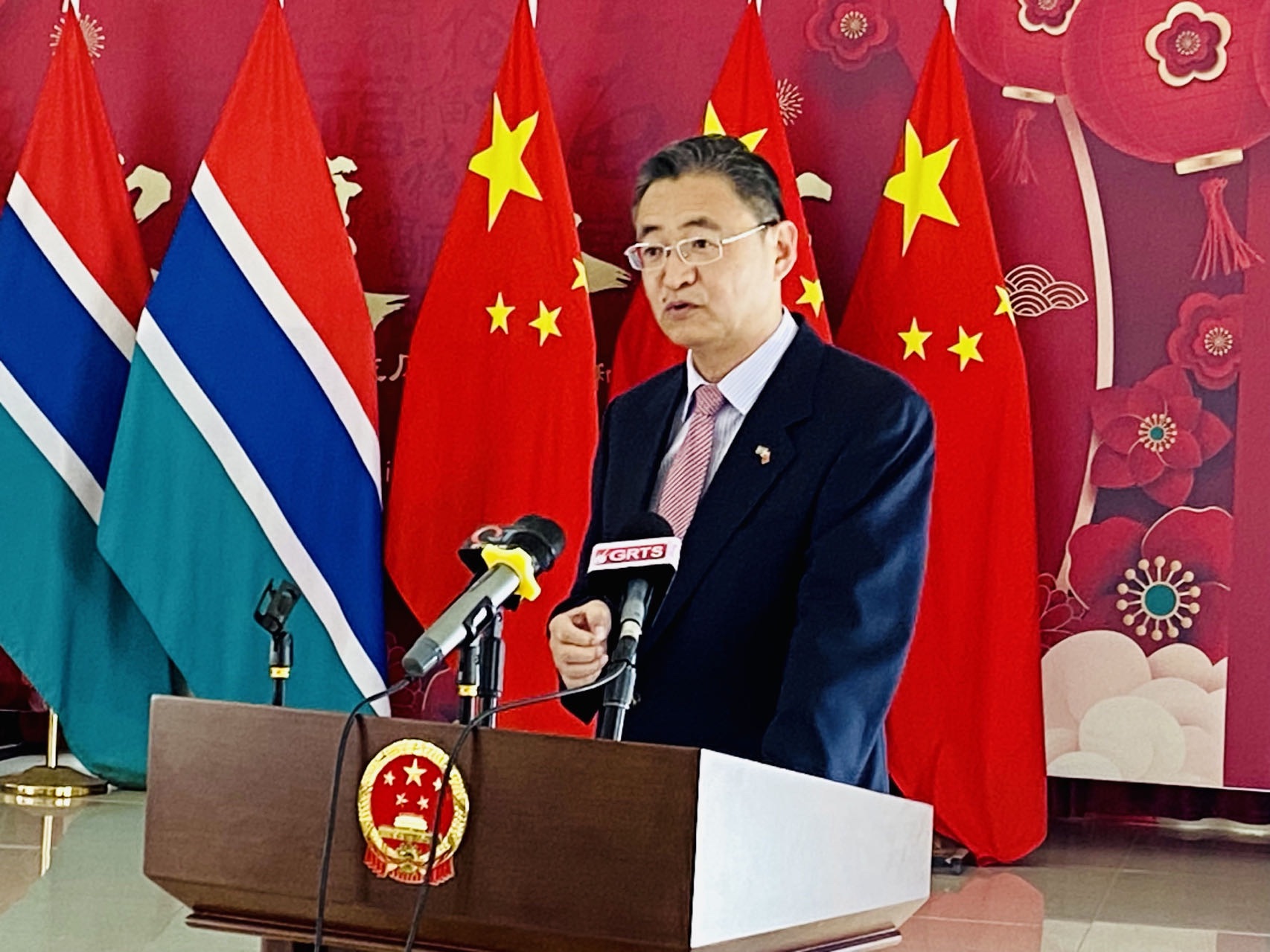My Dear Honourable Halifa,
I greet you with a sublime salutation ‘Assalamu alaikum Wa rahmatullahi wa barakaatuhu’.
Certainly you have a devoted admirer in me. I have followed you for more than two decades and learned a lot from you and your activities. I have evolved from my teenage years of holding you up as some infallible superhuman force; back then I used to detest anyone who dared challenge your views on any matter.
That situation has shifted in my maturing years when I realised that you are an imperfect human being even as you stand up on a very high moral and intellectual pedestal as a patriot who is always ready to give it his all to his country and the continent. I still hold you in high regard and it is that same admiration that led me to write the following quatrain as part of An Ode to Halifa last year:
In the midst of dark political clouds
He spoke his truth and shone the light
During those years when Jawara pulled crowds
Through Foroyaa he made the picture bright…
Honourable Halifa, It is an honour for me to address you on the above subject hoping you would better understand my position on a matter about which we have divergent views. During our joint appearance as guest speakers at a symposium held at the American International University on November 23, 2018, I made the following submission as part of my speech on the topic “the value of all voices in governance”:
And since we are talking about the value of all voices in governance. Perhaps there never has been, in recent times, a better period to make sure your voice is heard than in this period of constitution building. Already the scales have been tipped in favour of the voices of some vested interests even as we trumpet the value of the voices of the majority…
I was shocked when I saw that the act for a new constitution already told our constitutional review commission what to do regarding just about the most important aspect of our lives as a God-loving people and nation. This is what they inserted in Section 6 (subsection 2(d).vi): (to safeguard and promote…) The Gambia’s continued existence as a secular State…
In fact there is an implicit problem of coherence/consistency in the act for section 6 (subsection 2(c) of the same act says this: “adhere to national values and ethos”
Where is this obsession with secularity coming from. I speak for no specific form of religion or worship within the framework of this paper/speech but what I know for sure is that Gambians are a religious people (Muslims and Christians), so that ethos must be in our constitution to respect the value of our voices as we craft our most important tools of governance…
Honourable Sallah, your presentation was to follow mine and even though I realised you tried not to respond to my opinion on the above thesis, you could not help but attack my stance and indeed you put up some strong arguments against my position. But I realised that you went a bit over the top in your vociferous reaction.
You insisted that The Gambia is and should remain a secular republic but you went further to deride us contrasting our beliefs as Muslims with the way some of us dress and the kind of music our young ones play and the music videos on our television screens. You went further to mention the former President’s act of declaring The Gambia an Islamic Republic.
By the way I never said that The Gambia should be an Islamic republic; I made it clear that I was speaking for all people of faith when I made the call to eschew the concept of secularity in our proposed new constitution. What I said is that Gambians are a religious people and no attempt should be made to give us a constitution that does not recognise that reality.
Honourable Sallah, I know that you (and those on your side in this matter) will insist that proclaiming The Gambia a secular republic will not deny us the right to be religious; but why should our voice as the majority be ignored in a democracy if we should be opposed to your desire to insert an entrenched clause that would virtually negate religion and sacred traditions from the principal tool of governance of a faith-based society?
There is a whole veil shrouding the real meanings and tradition of secularity but we know that secularisation “is a process which is definitely opposed to religion; it is a philosophical program or an ideology that seeks to destroy the very foundations of religion” as rightly observed by Professor Syed Muhammad Al-Attas in his thesis “Secularisation and the Crisis of Identity”.
We have seen how the insidious notion of secularity continues to deprive people of their rights to express their religious beliefs in countries known as the champions of democracy, liberty and equality; so we do not want such nations and their extensions to impose their disguised ‘religion’ of secularity on us. We want to be ruled the way we see fit through the very principles of democracy that you and your allies have been pontificating for decades.
We know that contrary to the deceptive secular narratives being traded around, the secular worldview puts the present world (dunya) over the next world (akhira). It also puts worldly knowledge over knowledge of the ‘akhira’. We do not want to operate along these deceptive lines of thinking and living because we know for a fact that this world is but a fleeting transient moment and the next world is the real lasting deal. We do not want that reality to take the back seat in our lives.
I must admit that your accusation against us that what we claim to be our belief can sometimes be at variance with the realities of our daily lives.
But we never claimed to be perfect as human beings; our religious beliefs are our ideals and we continue to strive to reach the pinnacle of our aspirations. Indeed our religious practice is a process from birth to death and in the eyes of our Merciful and Gracious Creator we need not be perfect to earn His good pleasure and become a success in both this world and the hereafter.
Just like you admitted in your own speech, the aspirations we proclaim in our constitution, of being a democratic state, are far from the realities we have lived for half a century. In your own words “Gambia is yet to be a democratic society because our people are yet to be a sovereign people!” Yet you did not deride this status quo; so why go after our manner of dress and our art as an argument against our sacred aspirations?
Honourable Sallah, we are quite aware of the schemes and dreams of the anti-religious forces; but we are certain that, countrary to the (putatively figurative) prophesy of the philosopher Nietzsche, God is NOT dead! rather, as He tells us in Holy scripture, He is “the Ever-Living who does not die!” and while we live in this world which He has granted us to cultivate and study, we do not want His Reality to be swept away in any document that seeks to represent our ethos and guide our conduct in this place of transit called the world.
My Honourable senior statesman, I submit the foregoing with due respect.
Please accept the assurance of my usual high consideration and esteem.
Momodou Sabally
Former S.G, Presidential Affairs Minister





